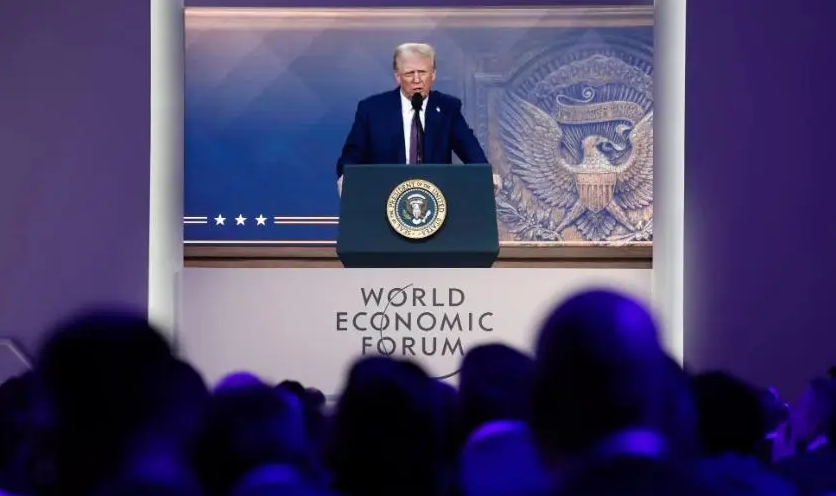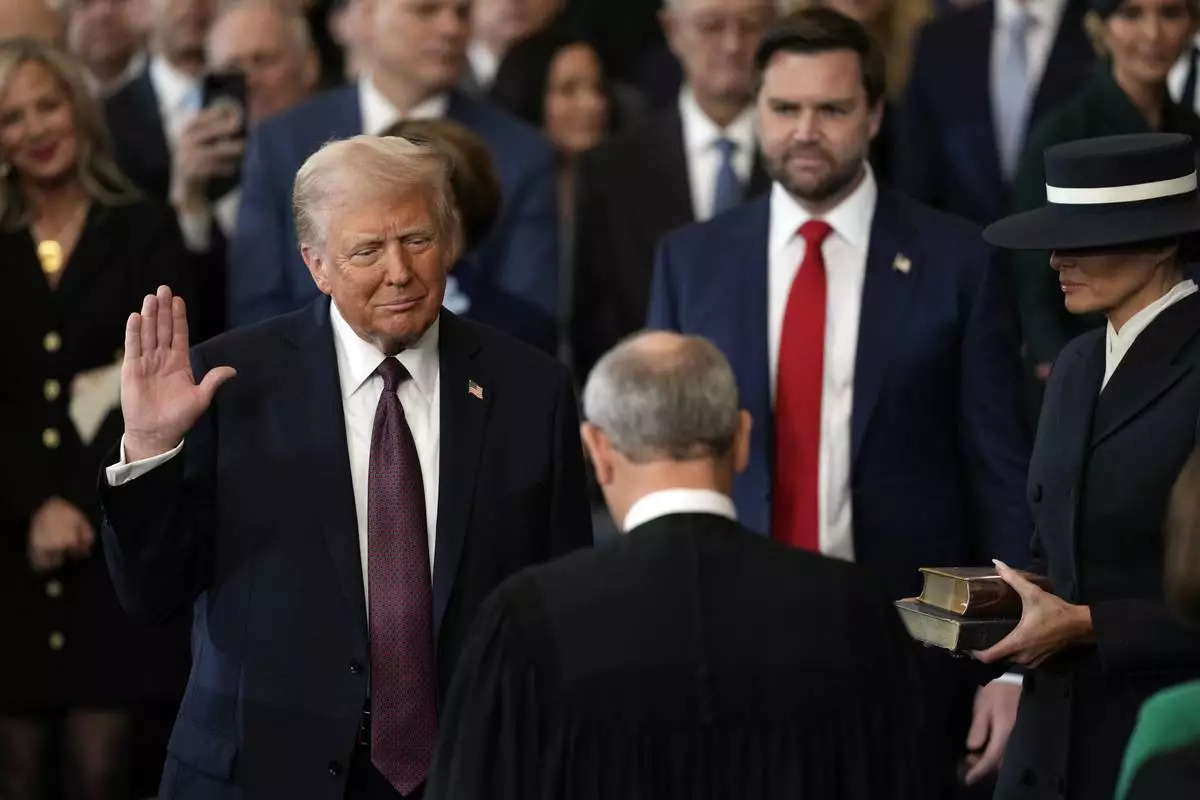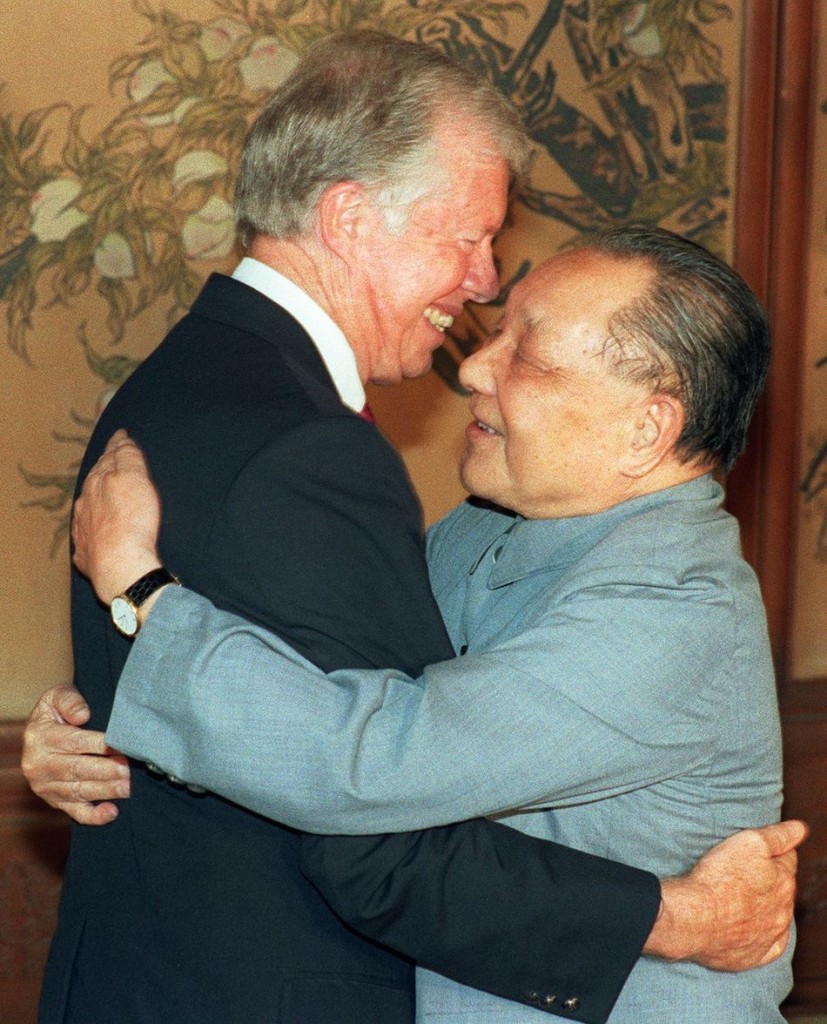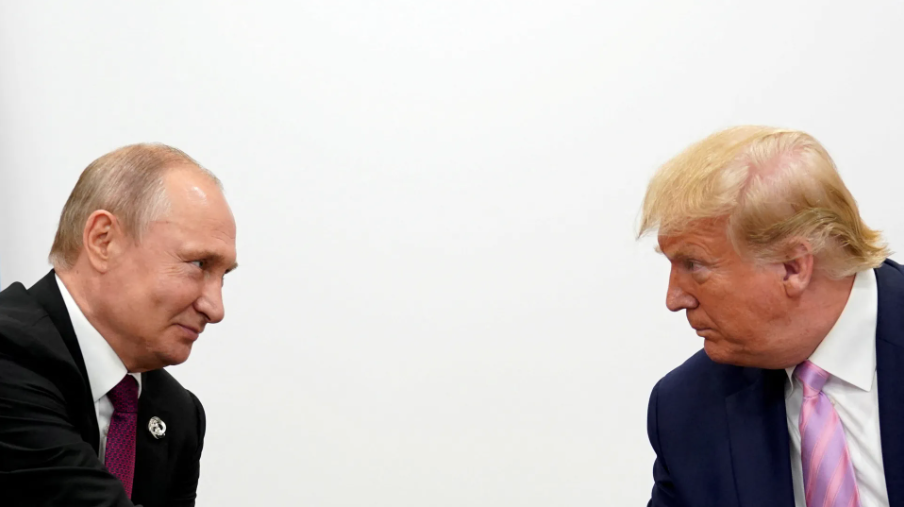Lucio Blanco Pitlo III, President of Philippine Association for Chinese Studies, and Research Fellow at Asia-Pacific Pathways to Progress Foundation
Jan 31, 2025
Philippine-China relations seem to be in a state of despair as the Marcos regime is opening the door for heavier U.S. presence on its islands, especially those nearest to China. By bringing these rival powers into tighter quarters with one another, how can both sides ensure that each others’ interests can be well protected without crossing any red lines?

Sun Chenghao, Fellow, Center for International Security and Strategy of Tsinghua University; Munich Young Leader 2025
Jan 30, 2025
To slow China’s economic and tech development, the new American administration may employ a combination tariffs, export controls and restrictions on Chinese access to international markets. It is also likely to continue its crackdown on Chinese tech companies.
Fu Suixin, Assistant Researcher at Institute of American Studies, Chinese Academy of Social Sciences
Jan 28, 2025
Declaring that he had been preserved by God to save the world, starting with the United States, Trump made no secret of his admiration America’s authoritarian past — including President William McKinley, who served from 1897 until his assassination in 1901. McKinley, like Trump, embraced muscular tariffs and protectionist policies. Will an iron fist work in the world today? We’ll have to wait and see.
Zhou Xiaoming, Former Deputy Permanent Representative of China’s Mission to the UN Office in Geneva
Jan 28, 2025
Washington and Beijing display stark contrasts in their approaches to the world and to each other. The dividing lines highlight the extremes — perpetrators and victims, oppressors and the oppressed, aggressors and defenders.

Ghulam Ali, PhD, Monash University, Australia
Jan 27, 2025
The country is far more resilient today than it was four years ago and in a good position to counter Donald Trump’s promised tariffs — or unexpected moves yet to come. It has diversified markets for Chinese goods, reduced the chances that countries in the region will form anti-China alliances and is welcoming foreign investment.
Richard Javad Heydarian, Professorial Chairholder in Geopolitics, Polytechnic University of the Philippines
Jan 27, 2025
A second Trump presidency could disrupt Asia with aggressive tariffs, stricter immigration policies, and heightened geopolitical tensions. While some leaders express cautious optimism, the region faces mounting pressure to align with U.S. interests amid fears of economic fallout, strained alliances, and potential conflicts in key areas like the South China Sea and Taiwan Strait.

Brian Wong, Assistant Professor in Philosophy and Fellow at Centre on Contemporary China and the World, HKU and Rhodes Scholar
Jan 27, 2025
One of Jimmy Carter’s biggest feats in the Oval Office was the establishment of relations between the U.S. and China, opening a door for a relationship that is one of the world’s most dynamic factors today. Though the current state of affairs is far from a best-case scenario, it’s worth looking back at the hopes Carter and his counterparts had when their momentous deal unfolded.

Richard Weitz, Senior Fellow, Hudson Institute
Jan 17, 2025
China and Russia, long united by shared strategic objectives, have formed a quasi-alliance that poses a significant challenge to U.S. interests. As the Trump administration navigates this complex relationship, could strengthening U.S. alliances and boosting military readiness be the key to countering this formidable partnership?

An Gang, Adjunct Fellow, Center for International Security and Strategy, Tsinghua University
Jan 17, 2025
For Trump and his supporters, the time has come for a domestic conservative revolution to merge with a global movement, with the ultimate goal of totally transforming the political landscape of the West. But while the crises Trump sparks may be unpredictable, they are not necessarily uncontrollable.
Debasish Roy Chowdhury, Author
Jan 15, 2025
Weeks before his return to the White House, US President-elect Donald Trump issued a pointed warning to the BRICS countries. “Go find another sucker,&rdqu
Back to Top

- China-US Focus builds trust and understanding between the U.S. and China through open dialogue among thought leaders.
- Our Offerings
- Topics
- Videos
- Podcasts
- Columnists
- Research Reports
- Focus Digest
- Stay Connected
-
Thanks for signing up!
- Get the latest stories from China-US Focus weekly.